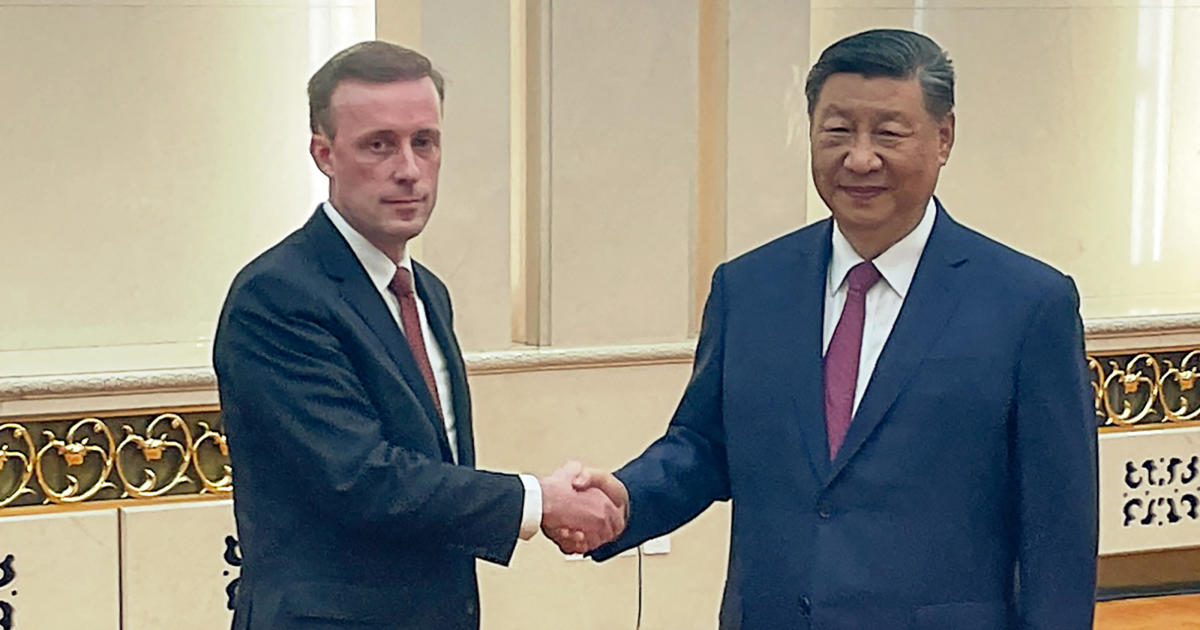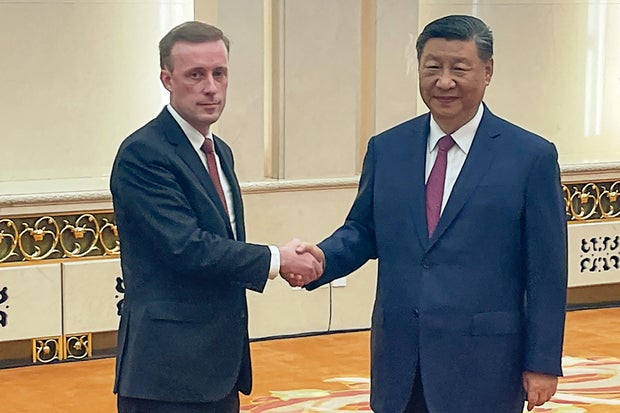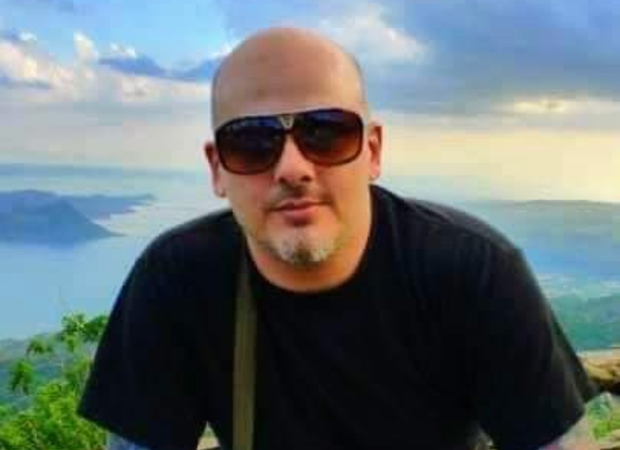China’s Mid-Autumn Festival holiday typically sees families reunite and give thanks, much like Thanksgiving in America. This year, Chinese-American pastor David Lin will have much to be thankful for when the holiday is marked on Tuesday. In a surprise move, Beijing freed the 68-year-old Sunday after he spent nearly 20 years in prison in a case the U.S. government and his family have always dismissed as baseless.
Lin entered China in 2006 and attempted to establish a Christian training center in Beijing. China‘s Communist Party disapproves of such activities and routinely roots out underground Christian churches, seeing them as a threat to its power. Only officially-sanctioned, closely monitored churches are permitted under the Communist Party’s rule.
Lin was detained the same year he arrived, then in 2009 he was handed a life sentence after being convicted of fraud. The charge is often applied to home church leaders who try to raise money for expansion, according to the Dui Hua Foundation human rights group.
The U.S. State Department, which always maintained that Lin was wrongfully detained by China, confirmed his release on Sunday. The Chinese government did not make any public comment on Lin’s release during the long holiday weekend.
The Bring Our Families Home campaign group posted a message attributed to Lin’s daughter Alice on social media in April, in which she was quoted as saying that she had been diagnosed with cancer and “we don’t know how much time either of us has left,” given her father’s age, and adding: “We can’t afford to wait.”
“This was a long time coming. A lot of people worked on this over the years, different administrations,” John Kamm, executive director of Dui Hua Foundation, told CBS News.
The group had helped to keep pushing for Lin’s release, submitting more than 30 queries to Beijing since China incarcerated the California resident. “We’ve had members of Congress out there. You’ve had [California] Governor Newsom bring it up with the Chinese government. But you know, frankly, I think the person who gets the most credit is David Lin’s daughter.”
While Lin was in detention, he missed his daughter Alice’s wedding and the birth of his grandson. In April, she wrote a letter, published by the Wall Street Journal, saying she dreamed of her father “meeting my husband and my 8-year-old son for the first time.”
“No words can express the joy we have,” Alice was quoted as saying by Politico on Sunday. “We have a lot of time to make up for.”
Lin’s release came nearly three weeks after a visit to Beijing by U.S. National Security Adviser Jake Sullivan in late August, when he met with Foreign Minister Wang Yi.
TREVOR HUNNICUTT/POOL/AFP/Getty
“I was starting to get indications two or three weeks ago that this might happen,” said Kamm, adding that his “first reaction was to tell Alice.”
More than 200 other U.S. nationals are still being held in China, according to the Dui Hua Foundation. Family members of three of those Americans — Dawn Michelle Hunt, Kai Li and Nelson Wells — are scheduled to give testimony at a Wednesday hearing of the Congressional-Executive Commission on China, which focuses on detained U.S. citizens.
“Mr. Kai Li has had a stroke and Nelson Wells (has) serious medical issues,” said Kamm. He said another American, Mark Swidan, a Texas businessman currently on death row in China for alleged drug trafficking, “is quite ill.”
Swidan’s mother Katherine told CBS News in April that she feared he might take his own life after more than a decade behind bars.
“We are very concerned and afraid that Mark will end his life,” she told “Face the Nation” moderator Margaret Brennan after U.S. Ambassador to China Nicholas Burns visited her son in prison, adding an urgent call for President Biden to ensure his release.
All forms of early prison release require court approval in China, except for medical parole, he added.
“It doesn’t have to be approved by the court. It can be approved by the prison. So, I’m hoping that the prison in each case will take some mercy — they’ve suffered long enough — and release them on humanitarian grounds,” he said.





